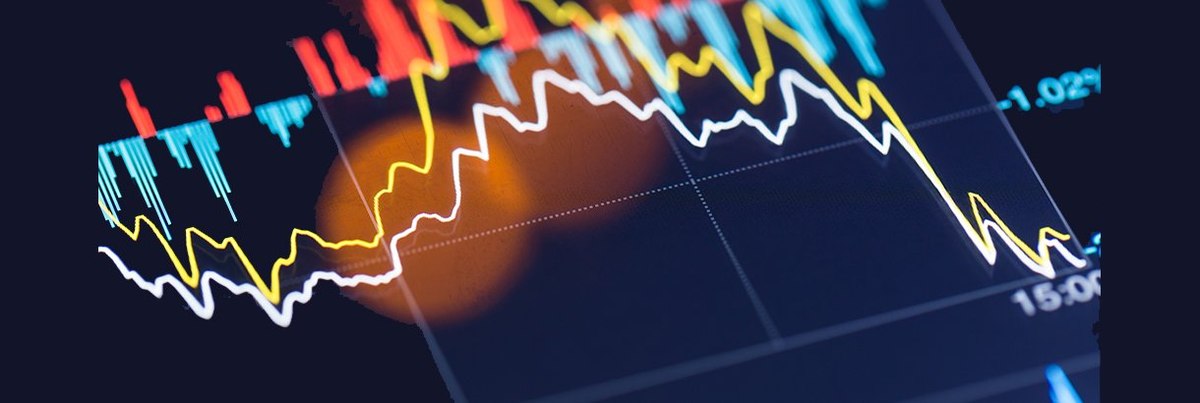The events of the last week were hard to take for many Americans. Bad economic news related to the coronavirus outbreak changed many opinions about the state of the country. The latest Economist/YouGov Poll, conducted April 5-7, 2020, found most Americans have a negative view of the economic future. The share of the public describing the economy as getting worse jumped eight points in the last week—up to 56 percent from what was already a record high (48%) for President Donald Trump’s administration.
Only during the end of the Great Recession, at the start of President Barack Obama’s administration, did Americans believe the economy was getting worse at a higher rate than today.
Republicans have been more positive about the economy’s future since the start of the Trump administration, and they still are. But only 30 percent of Republicans this week say the economy is getting better, while just as many as say it is getting worse. Last week, optimistic evaluations among Republicans outnumbered pessimistic ones by 17 points. Like Democrats and independents, most Republicans say they have been hearing mostly negative economic news.
On April 3rd, the Bureau of Labor Statistics reported the March jobless rate to be 4.4 percent—up nearly a point from February— but that increased figure does not include the millions of job losses reported in the last two weeks. More than a third of Americans believe the jobless rate is more than 8%, the highest option they were offered in the poll. Only 14% put it at the level of the Bureau of Labor Statistics report.
Unemployment is seen as a much greater problem than it was a month ago, when February’s 3.5 percent jobless rate was reported. Now, 61 percent of the country sees joblessness as a very serious national problem, up 49 points in the last month. While it is less of a worry when Americans are asked about the situation in the places where they live, the share seeing unemployment as a very serious problem in their communities has also risen by 25 points.
{{ raw_content }}
Last month, just about half of all adults saw joblessness, both nationally and locally, as a minor problem or not a problem at all. Few Americans (11% when it comes to national unemployment and 18% when it comes to local joblessness) say either issue is not a problem today.
The coronavirus crisis has affected many personally: 12 percent of all adults say they have lost a job, 21 percent have had their work hours reduced, and 21 percent have started to work from home.
Working from home isn’t easy. In fact, half of those who have done so have found it very or somewhat difficult to manage. It is even harder among those with family incomes below $50,000: 58 percent in this group describe working from home as very or somewhat difficult, compared with just 42 percent of those whose family incomes are $100,000 or above.
The combination of personal economic impact, and bad economic news, makes it no surprise that two in three Americans expect the coronavirus crisis to lead to a recession, with 56 percent saying that a recession is already here. Both those percentages have been moving upwards for the last few weeks. Nearly two-thirds of the public believe that a recession would have a serious impact on their personal finances (64%).
As for the government’s efforts to stave off that recession, most Americans expect they will receive a stimulus check (57%)—but most also say it will be a month or longer before it arrives (59%).
Economic difficulties are affecting Americans’ views about the state of the US. in general. In the last week, the share of American adults who believe the country is in worse shape now than it was four years ago rose seven points. Now more describe the United States as in worse shape (48%) now than say it is in better shape (31%) today than it was four years ago.
Republicans remain positive, but Democrats and independents hold negative views. Last week, independents were divided.
There is a silver lining, however. When Americans look ahead to the end of the crisis, there is more optimism than pessimism. By nearly two to one, the public expects the U.S. will be a stronger country (41%)after this is over, not a weaker one (22%). The pandemic, they say, eventually will unite (39%), not divide (20%), the nation.









